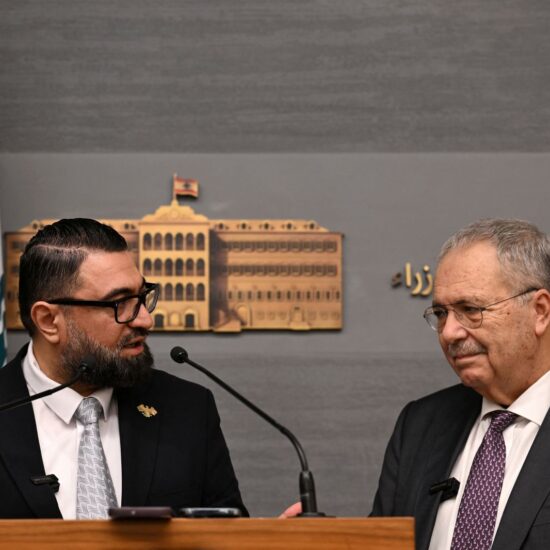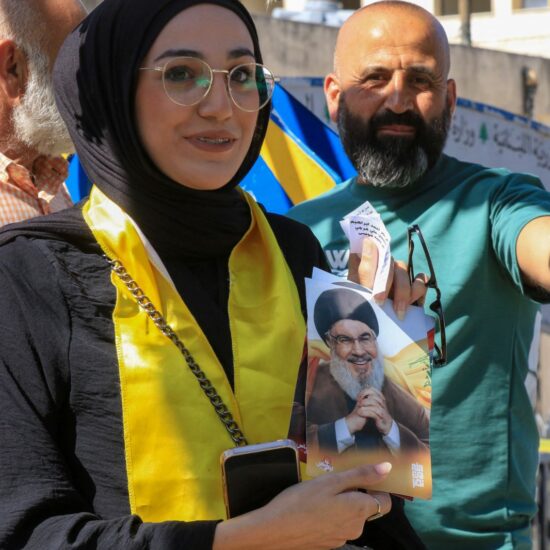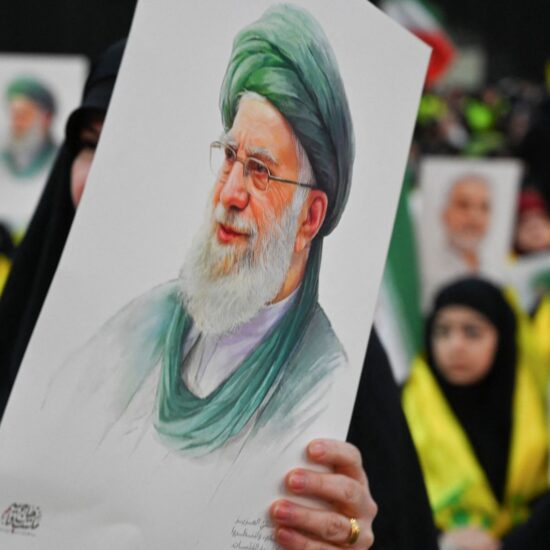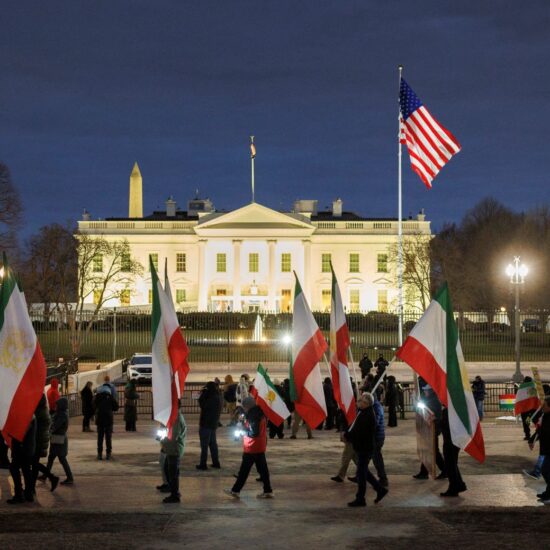
Last week, Lebanese Prime Minister Nawaf Salam issued a set of memoranda to the country’s security and military agencies, instructing them to immediately abolish the use of “contact memos” and “submission lists.” He emphasized the need to refer all such cases to the competent judiciary instead, in respect for personal freedoms, human dignity, and protection against arbitrary or abusive detentions.
This commendable directive, however, came on the heels of a very public violation of those very rights: the raid on the home of academic and journalist Wissam Saadeh by one of Lebanon’s security agencies. The heavy-handed and intrusive manner of the operation served as a stark reminder that the police state—though weakened—still lurks in the shadows, poised to pounce on citizens’ privacy and their illusions of freedom and democracy.
These so-called “security measures” and “submission orders” are not new. They resemble sexually transmitted diseases—silent, dormant, and always threatening to reappear. Rooted in the legacy of the Syrian occupation (1990-2005) and even the French Mandate’s authoritarian administrative traditions, these tools are deployed based on unverified suspicions. They result in punitive restrictions on individuals: travel bans, denial of passport renewals, inability to sponsor a foreign domestic worker, and worse—being ambushed and detained without due process. I myself was a target, both in the fall of 2020 and again last year, when the government’s military prosecutor attempted to fabricate charges of collaboration against me for publishing articles critical of Hezbollah and its fictitious wars of “resistance.”
Yes, the Prime Minister’s circular is a step in the right direction—but a flawed and incomplete one. The mere existence of these memos constitutes a legal and moral crime. It is not enough to simply remind officers and agents to respect existing laws and the Lebanese Constitution. There must be real accountability. Just as a thief or murderer is held responsible for their actions, so too must any security official who unlawfully deprives someone of their freedom be prosecuted. Those who issue such memos should be publicly held accountable, not just as a matter of justice, but as a deterrent to others and a signal to the public.
Prime Minister Salam’s memo is not the first of its kind—and it will not be the last—on this long, frustrating road toward a genuine rule of law. In more civilized nations, state officials face harsher punishment precisely because they are entrusted with protecting justice. In Lebanon, however, offending officers are often rewarded—promoted even—if they have the blessing of their sectarian patron or political party, regardless of whether they were involved in acts of torture or theft or murder.
Submission memos and other such legal heresies are symptomatic of a deeply embedded illness in the Lebanese state—a state that treats its constitution not as a binding framework, but as an optional suggestion, easily bent to suit the whims of sectarian warlords and their instruments of control. And as for the average citizen, who still clings to the hope of living under a rule of law—they are reminded of its value only when they have no recourse to a political connection, or when they need a favor that will cost them dearly: in their savings, in their dignity, or in his blood, as it did for the victims of the Beirut port explosion.
This article originally appeared in Nida al-Watan
Makram Rabah is the managing editor at Now Lebanon and an Assistant Professor at the American University of Beirut, Department of History. His book Conflict on Mount Lebanon: The Druze, the Maronites and Collective Memory (Edinburgh University Press) covers collective identities and the Lebanese Civil War. He tweets at @makramrabah







